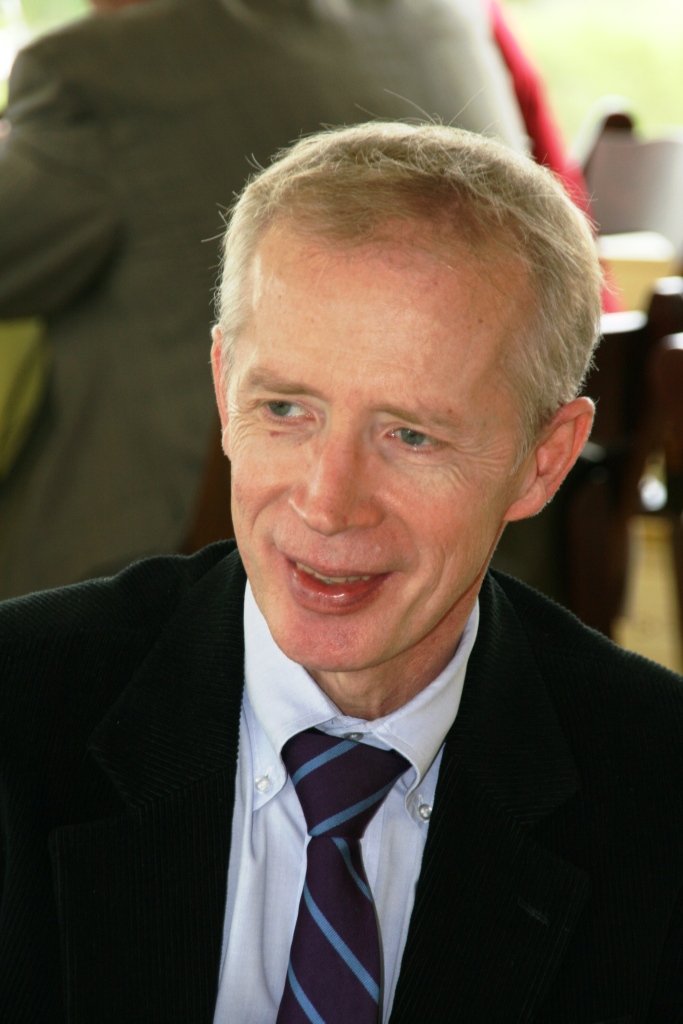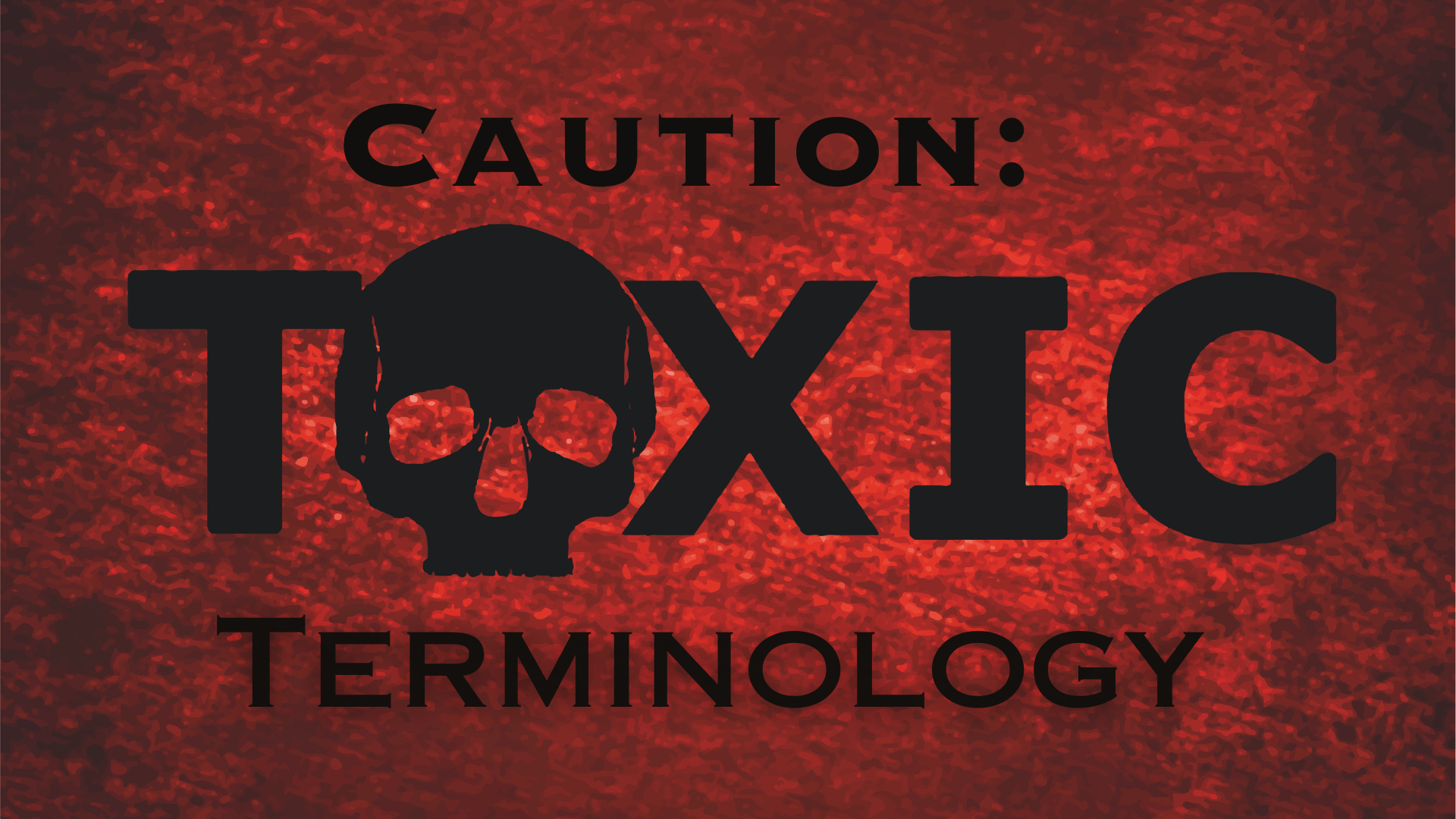Looking back on a childhood, and seeing parental alienation
[Editor’s note: This article has been written by an individual known to the editor but who would like to remain anonymous. Names of people, places and organisations have been changed to preserve anonymity. The following account is his personal story. The editors believe it is important that therapists know of stories like this so that they can better understand the lived experiences of their male clients].
There was nothing particularly unusual about my family. My father had served in World War Two then worked for a large corporation. Our mother gave-up work when I was born. She took care of my father, my younger brother and me. We lived in suburbia. Life was calm and predictable, even if at times it was a bit dull.
The school my brother and I attended was considered one of the better ones in the area. We were happy enough there but like most of our classmates we longed for the end of term and holidays.
When my first term in Year Two ended my brother and I were told that our mother would take us to a holiday farm. Here we could ride horses and experience farm life. Father, we were told, would have to stay behind and work. The holiday was all the fun that I had expected. I could never recall being so happy. I exclaimed to my brother, “We’ll tell Dad about this when we get home!”
“Mother ‘explained’ to me that we had to leave our father for our own protection. Father, I was told, was a very dangerous man”.
Then something strange happened. We did not go home. Instead, we were taken to the house where our grandmother lived. We kept attending the same school but something had definitely changed. Mother ‘explained’ to me that we had to leave our father for our own protection. Father, I was told, was a very dangerous man. There was no limit to what he could do. He had a vile and uncontrollable temper. He was devious. He was capable of murder. He was to be feared.
Our grandmother reinforced what mother had said. Father was dangerous and capable of anything. These were now the two dominant adults in my life so I believed them. I came to fear my father.
We knew what to say when father came to visit us. No, we did not want to go with him. Of course, this was true. We believed what we had been told. We feared him. We dreaded his visits. We were relieved when he left.
Over the years father’s visits became less frequent. He seemed to slowly give up trying to take us out or to do anything with us. This, we were told, was ‘proof’ that he really did not love us. It was also ‘proof’ that mothers were better than fathers and women in general better than men. (I remember thinking, ‘The way grandmother says the word “Boys!” it sounds like a crime.’)
I began to struggle at school. The teachers said I was bright enough and I was always well behaved, but I was not happy. I was frequently bullied – probably because I looked like a victim. The one bright spot in my life was being part of the local Boys' Brigade company. It was run by three middle-aged men. Here it was good to a boy. It was an all-male environment. There was no bullying. Masculinity was respected not disparaged.
My experience in Boys’ Brigade, good as it was, could not stop my downward trajectory at school. I tried hard but bullying and a lack of support took its toll. I got good results at the end of Year 10 but left soon after. I had a succession of jobs. My life was unstable. I was depressed and looked forward to death.
In my late twenties and again unemployed I decided to seek help. I went to my GP told him exactly how I felt. He referred me to a psychiatrist. Somewhat to my surprise the psychiatrist did not diagnose me as having anything ‘wrong’. He did not prescribe medication. For the first few sessions he just listened. He asked about my family of origin. I told what I still believed to be true. My father was a dangerous man. Everyone knew this. I kept well clear of him. Again, the psychiatrist just listened.
“The psychiatrist paused and gave a long kind look. ‘How do you know your father is like that?’ he asked. I was stunned. Of course my father was ‘like that’.”
I will never forget our next meeting. I again mentioned my family of origin. The psychiatrist paused and gave a long kind look. ‘How do you know your father is like that?’ he asked. I was stunned. Of course my father was ‘like that’. Everyone knew that! How could a well-qualified and respected psychiatrist question something that was so obviously true?
I left his office unconvinced. But, over the following days, I thought about what he had said. The only people who had told me about my father were my mother and people she had influenced. My own memories of my father were good. I remembered saying to my brother that we would tell him about the great time we had on the farm. Would I have been so eager to share this with him if he were so dangerous and abusive? Could the psychiatrist be right? I was now almost 30. Had I believed a lie for something like two decades?
It took time but slowly things began to fall into place. My parents’ separation. The demonising. The fear. It all began to make sense. To say this was devastating would be a gross understatement.
My first instinct was to get back in contact with my father. I felt bad about rejecting him. How much pain had I caused him? I wanted to apologise and set things right. But there was a problem – mother. What if she found out? One thing I had learned over the years was that mother could be ruthless. I had listened to her spreading malicious gossip and destroying reputations for years. She was highly skilled in doing this. The thought that she could have also consistently and convincingly lied to me only reinforced this fear in my mind.
The talks with the psychiatrist were helpful. Slowly my mood changed. My life began to stabilise. I applied to go to university as a mature age student and, to my surprise, got accepted. I enjoyed my time at university and got a degree. I got my first well paid job and started on a career path. Still, I did not contact my father. The fear of mother was still there.
After years of agonising and more work with a psychotherapist I decided I had to act. I knew there was a risk but it had to be taken. I phoned my father. At first I had to tell him who I was, ‘I am your son!’. He was speechless but then he welcomed my call.
We exchanged addresses and started corresponding. He had remarried. I was able to chat with his new wife. Eventually we arranged to meet. What struck me time and again was how ordinary my father was. He was so very different from the monster that I had in mind for so many years.
Inevitably my mother found out what I had done. She questioned me about my meeting with my father. I was noncommittal. As far as I was concerned my relationship with my father was my business not hers.
“…I decided to train as a counsellor. …When I spoke about my family and traumatic experience I was met with stony silence. …I wondered, were not counsellors meant to show unconditional positive regard for those who shared their experiences? Maybe this only applied if you had the ‘right’ sort of experience”.
Of course, it did not end there. A few weeks later I received another call from my mother. ‘I have been speaking with someone you know,’ she said calmly, then named one of my most senior professional colleagues. ‘He is very concerned about your state of mind.’ What had she said to him? Why would he be concerned about my state of mind? I did not know. One thing was certain, mother was ruthless. My career was less important to her than her need to have revenge.
I decided not to say anything. My colleague was a wise and experienced man. If he questioned me, I would answer. If he stopped sending work my way I would ask why, but for the moment I would stay silent. It seemed to work. My colleague said nothing. He kept on referring work to me. I breathed a sigh of relief. If he had doubts about my mental state they were not affecting our working relationship.
Over the years my relationship with my father and stepmother grew. I have never regretted making that call.
My most painful episode since then was when I decided to train as a counsellor. In tutorials we were encouraged to talk about our past and our families of origin. When I spoke about my family and traumatic experience I was met with stony silence. Then a woman in the group told me that I was fantasising about my childhood and my father - It wasn’t as I thought it was. I was appalled. (How on earth would she know?) The tutor said nothing. The other students remained silent and grim-faced.
I wondered, were not counsellors meant to show unconditional positive regard for those who shared their experiences? Maybe this only applied if you had the ‘right’ sort of experience. Needless to say, I did not complete the course.
That is my life, my history, in brief. I am grateful for the men who ran my Boys’ Brigade company. I am grateful for the psychiatrist who started me thinking. I wish I could say more, but I can’t.
Scroll down to join the discussion
Disclaimer: This article is for information purposes only and is not a substitute for therapy, legal advice, or other professional opinion. Never disregard such advice because of this article or anything else you have read from the Centre for Male Psychology. The views expressed here do not necessarily reflect those of, or are endorsed by, The Centre for Male Psychology, and we cannot be held responsible for these views. Read our full disclaimer here.
Like our articles?
Click here to subscribe to our FREE newsletter and be first
to hear about news, events, and publications.
Have you got something to say?
Check out our submissions page to find out how to write for us.
.

















































